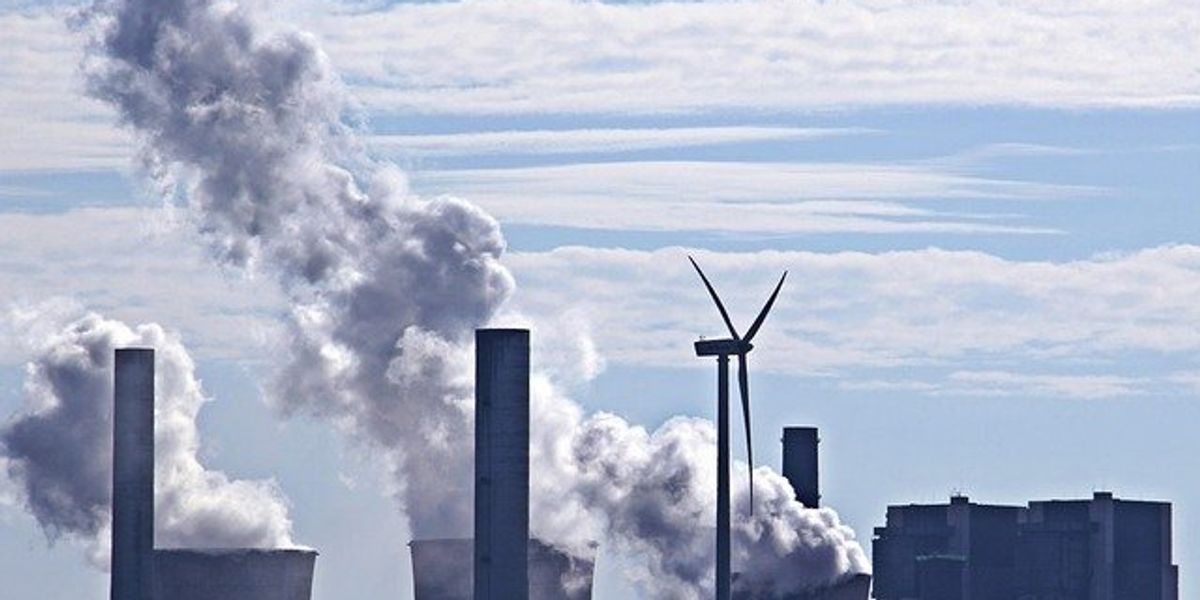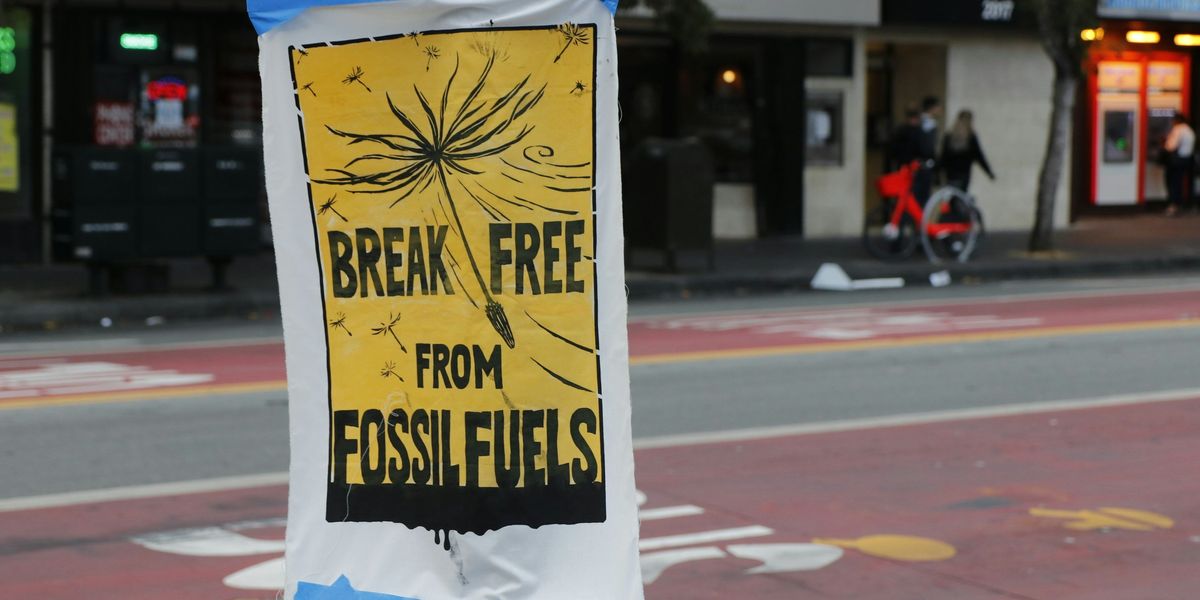rare earth
Chinese investors attempt covert takeover of Australian mining company
A long-standing struggle between Northern Minerals and Chinese investors reveals the global battle over rare-earth minerals as countries seek to reduce reliance on China.
In short:
- Northern Minerals, an Australian mining company, discovered possible proxy purchases by Chinese investor Wu Tao, who had been blocked from increasing his stake due to national security concerns.
- The Australian government ordered Wu Tao’s company and four others to sell their shares, but the companies have not yet complied with the divestment order.
- The case highlights the broader effort by Western countries to secure rare-earth supplies independent of China's dominance.
Key quote:
“When in the history of the global economy has a monopolist willingly given up their position in the market?”
— Amanda Lacaze, CEO of Lynas
Why this matters:
Control over rare-earth minerals is critical as these materials are essential for green technology and defense. China’s dominance in this sector poses significant risks for global supply chains.
Related: Ruth Greenspan Bell: Wealth and the climate dilemma
Rare earth metals may be lurking in your junk drawer
A vast and largely overlooked source of rare earth metals, materials critical for clean energy, could be in our homes, sitting in the back of our cabinets and junk drawers.
A once-shuttered California mine is trying to transform the rare-earth industry
Grist reporter Maddie Stone writes about a U.S.-based rare earth supply chain that could boost clean energy and electric vehicles — and military weapons.
In a nutshell:
MP Materials, the owner of the Mountain Pass mine in southeastern California, aims to build a greener rare-earth supply chain in the US, offering an alternative to the environmentally damaging practices in Asia. The increasing demand for rare-earth magnets, particularly in the EV and wind energy sectors, is driving MP Materials' efforts to diversify the global supply chain, but experts caution that sustainability should be prioritized, including the recycling of rare earths and minimizing new mining.
Key quote:
From an environmental perspective, MP Materials’ water recycling process process is “a really big deal,” said geographer Julie Klinger. “It significantly reduces their waste footprint.”
Big picture:
By processing rare earths domestically, MP Materials aims to reduce reliance on Asian countries known for their environmentally damaging mining and processing practices. This shift will help minimize pollution problems associated with rare-earth production and create a robust regulatory environment. The company's focus on greener practices, such as water recycling and chemical reusing, will further contribute to reducing the environmental footprint and enhancing human health in the rare-earth industry.
Read the full article at Grist.
Can Finland and Sweden help decarbonize EU economies?
Congo ousts mining leader in a cloud of corruption claims
John Kerry, Biden’s climate czar, talks about saving the planet
China raises pollution violations at Minmetals rare earth unit
State-owned China Minmetals has failed to rectify a series of pollution offences at its rare earth production unit despite being ordered to do so.


















